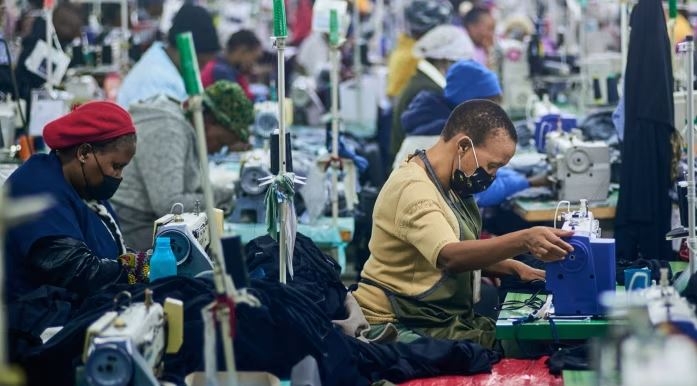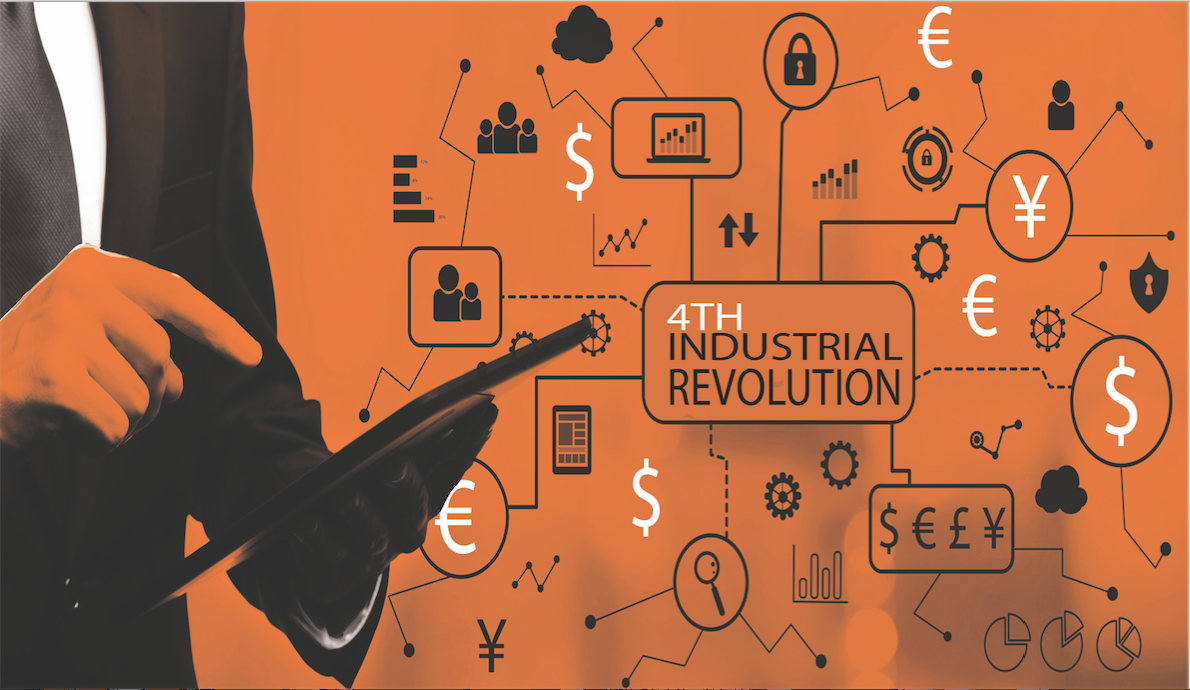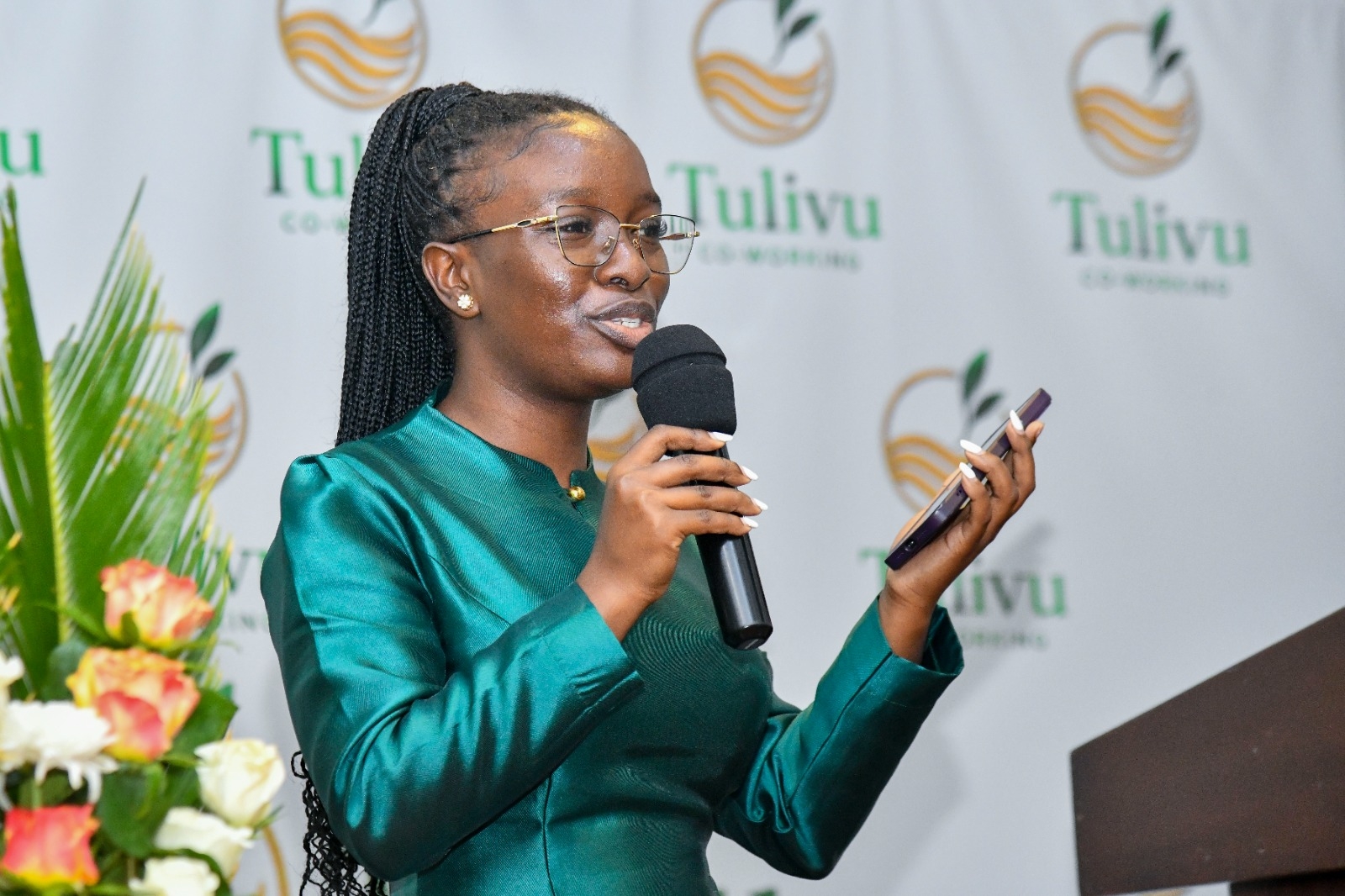

On September 30, 2025, Kenya formally ended
its two-decade tenure under the African Growth and Opportunity Act. Duty-free
exports can now continue until September 2026 following a one-year extension
approved by the US. It feels like a reprieve, but it is in truth a countdown.
The next 12 months will reveal whether Kenya remains a textile-dependent
exporter or rises as a hub for digital and green trade.
For over 20 years, AGOA has defined Kenya’s access to the American market. It has created tens of thousands of jobs, especially in the export processing zones of Athi River and Kitengela. Kenya had exported goods valued at more than Sh70 billion under the agreement by the year 2023. Over 70 per cent were textiles and clothes. More than 50,000 Kenyans are employed in the sector, most of them women. The factory wage brought rent, put food on the table and paid school fees. But beneath that protection was a weakness of reliance.
The average factory textile worker in Kenya earns approximately Sh15,000 - Sh25,000 per month. It is secure work, although untransformative. If this extension-in-effect expires without any successive agreement, thousands will lose their source of income. The shock would spread beyond the factory gates to landlords, matatu operators and mama mbogas who rely on those workers’ daily earnings. It is not just about trade; it is about the fabric of everyday life.
The government is now in discussions with
Washington for a renewal of AGOA for a longer term or a replacement with a
bilateral trade agreement. But diplomacy on its own cannot feed a country.
Kenya must make the choice of what type of future it wants: one led by low-wage
exports or one led by value addition, technology and sustainability.
That is what's important. We are seeing an incredibly rapid transformation in the world economy. Digital trade has the potential to contribute almost $2 trillion (Sh258 trillion) to world GDP by 2030. Kenya, with 33 million people online and a population that is young and tech-literate, has an edge by definition. The same innovation that delivered M-Pesa to the world can fund a next-generation export boom in software, digital content and online services. Rather than shipping out cotton shirts, maybe we ship out code.
Due to fluctuating climate conditions, trade imperatives globally are evolving, particularly in the West, led by the United States, which is heavily investing in green technology and green energy. An example is Kenya, whose electricity is derived from renewable energy by over 80 per cent, further enhancing its climate-conscious exporter status through products such as carbon credits, solar panel products, processed macadamias and potentially green hydrogen, the new future commodities.
The question is whether Kenya can pivot fast enough. The one-year extension should not be treated as a cushion but as a testing ground. Every entrepreneur, policymaker and factory owner should use this window to move up the value chain. The tailor in Athi River can now design for global e-commerce. Farmers in Embu can supply not just avocados but avocado oil. A graduate in Kisumu can export software to American clients. Innovation is not an abstract word but a bridge between survival and prosperity.
Kenya's renaissance will span three major stages: diversifying exports by investing in pharmaceuticals, agri-tech, green energy and internet services; rebalancing trade agreements towards data and innovation as well as goods; and training the youth on coding, logistics, green technology and internet marketing towards the new economy.
The economic potential is immense. Every $1 billion (Sh129 billion) in digital exports could create up to 40,000 high-value jobs. Rural farmers could double their earnings through value addition. Over 80 per cent of Kenyans work in the informal sector, which might now have access to world markets. These are chances close at hand rather than far-off fantasies.
By September 2026, the world will see what Kenya chose: comfort or courage. AGOA’s final year is not about saving an old model but testing a new one. We can remain tailors for the world or become architects of Africa’s next economy. The common mwananchi deserves the latter.
Innovations evangelist and PhD candidate. [email protected]












![[PHOTOS] Uhuru leads Jubilee grassroots meeting in Murang’a](/_next/image?url=https%3A%2F%2Fcdn.radioafrica.digital%2Fimage%2F2025%2F11%2F0b2a49cd-52fb-4a92-b9dc-26e253825a4a.jpeg&w=3840&q=100)
